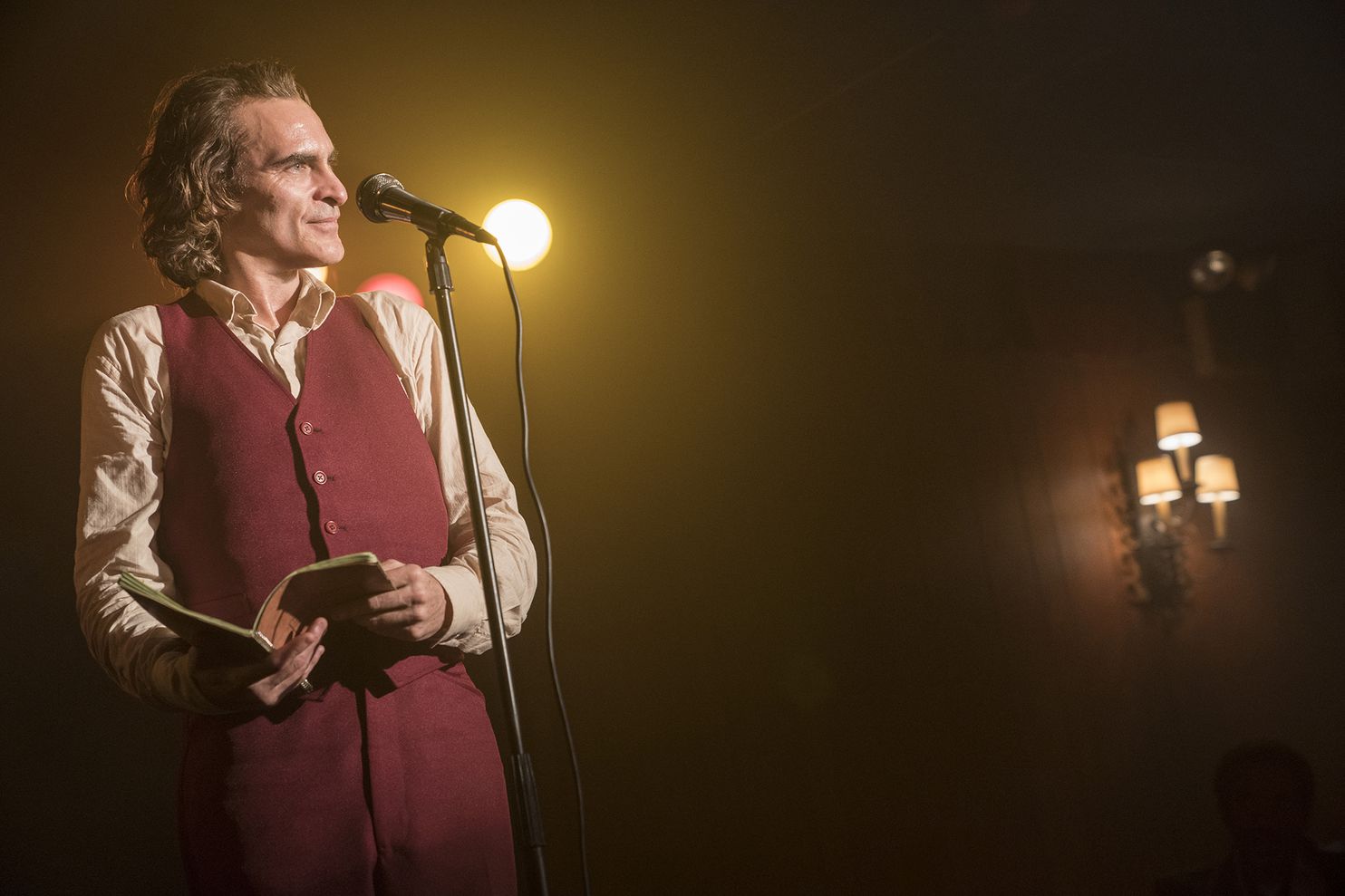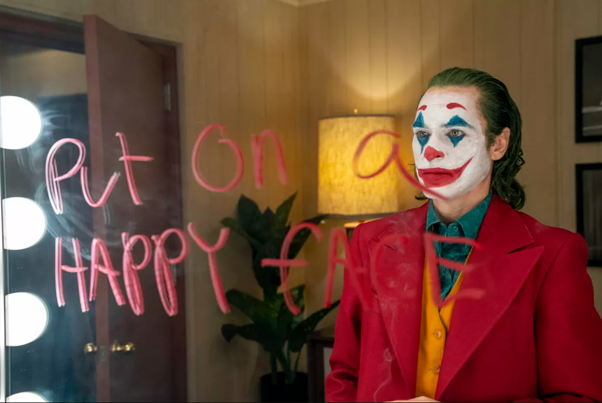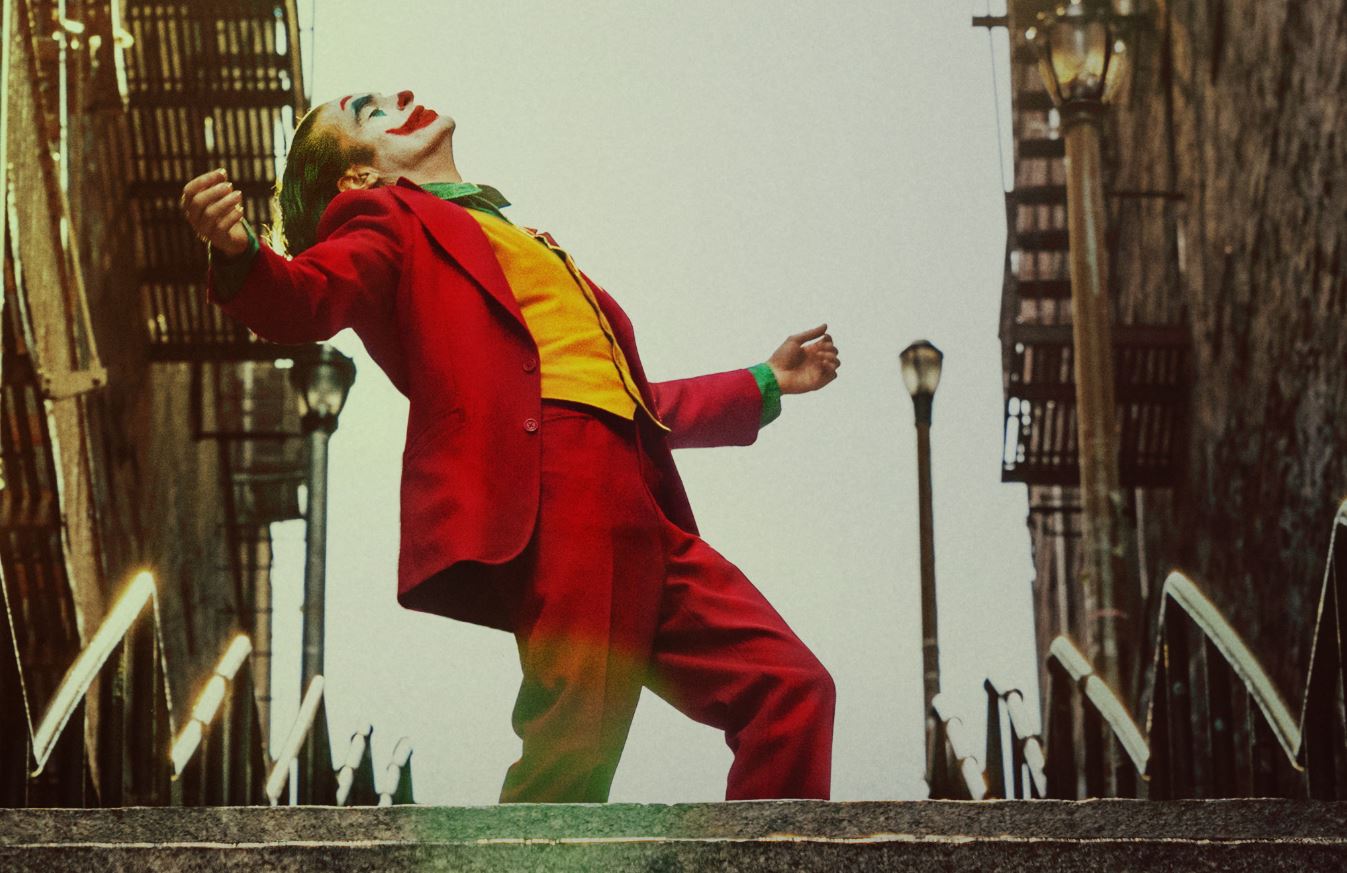The gig economy is alive and well. In fact, this modern online phenomenon has only…
Weighing the Consequences: Is Joker Worth the Risk?
In the wake of countless mass shootings and conversations bouncing around topics such as mental health, domestic terrorism, and media influence, is “Joker” worth the risk?
For director Todd Phillips, once known for innocuous male-centric comedies such as “The Hangover Trilogy” and “Old School”, the answer is yes. In 2016, Phillips pitched the idea of a movie depicting the human side of the Joker — an origin story with a cautionary tale. Previous films in the Batman universe introduced the Joker as a villain. The new film would enlighten us as to how the Joker became this way. Through his rejection from society, this new film paints the portrait of a down-and-out aspiring comedian suffering from mental illness who is eventually pushed too far.
For many, including the family and friends of the Aurora, Colorado shooting victims, this film’s narrative is more than unsettling — it’s irresponsible. We have, unfortunately, become all too familiar with the stories of James Holmes, Adam Lanza, and Dylan Roof — misunderstood outcasts who took their issues out on society. Seeing these behavior patterns re-created through the guise of a well-known character on a big screen has left many with a fear that “Joker” legitimizes violence as an answer through the showing of brutal murders and nihilist themes. Everyone from activists to journalists have voiced their concerns online.
Phillips stands firm that this is a story worth telling. Though it took some convincing, the executives at Warner Bros. finally gave the green light for a script to be written. Since the release of the film at the Venice Film Festival, the studio has defended “Joker” stating that neither the fictional character nor the film endorse violence. Their stance remains that through storytelling, they can “provoke difficult conversations around complex issues,” effectively shirking responsibility away from themselves.
This has not deterred moviegoers as “Joker” raked in $247 million globally in its opening weekend. Joaquin Phoenix’s portrayal is already sparking best actor Oscar buzz.

Free Speech or Moral Code?
Should movies and those who create them accept the moral responsibility of their potential consequences? Or does freedom of speech take precedence? Does film, like any work of art, have the right to take on any topic or point-of-view it chooses? How responsible are audiences responsible for distinguishing fiction from reality and understanding when a villain, no matter how sympathetic he or she may be, is still a villain?
From the 1915 D.W. Griffith film “Birth of a Nation” to Mel Gibson’s 2004 religious drama “The Passion of the Christ,” it seems like this is a debate that’s been around for nearly as long as cinema itself. Though both films depict violence and terror, they both own a perspective and tout a specific message that, while controversial, was supported by their creators. Is this enough?

Strong messages in the media that lead to controversy aren’t just circumscribed to film. Ad agencies are vehicles helping brands to get their views into the public eye. Just think of Nike’s Colin Kaepernick ad. Billboards plastered all over the country featured a zoomed-in image of the former quarterback with the tagline, “Believe in something. Even if it means sacrificing everything” scrolled across his face. The ad sparked controversy with those who found Kaepernick to be un-American after refusing to stand for the national anthem. Nike bore the brunt of disgruntled fans who felt their support of Kaepernick made them un-American, as well.
For better or worse, ad campaigns and films like “Joker” may not please the masses, even evoking fear and worry in many, but the one thing they all have in common is creating a larger, often highly effective, conversation around their meaning.




